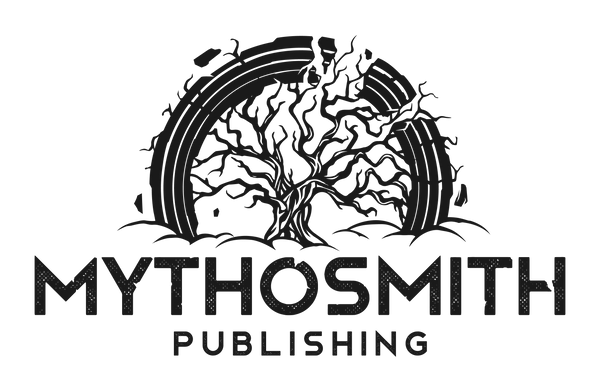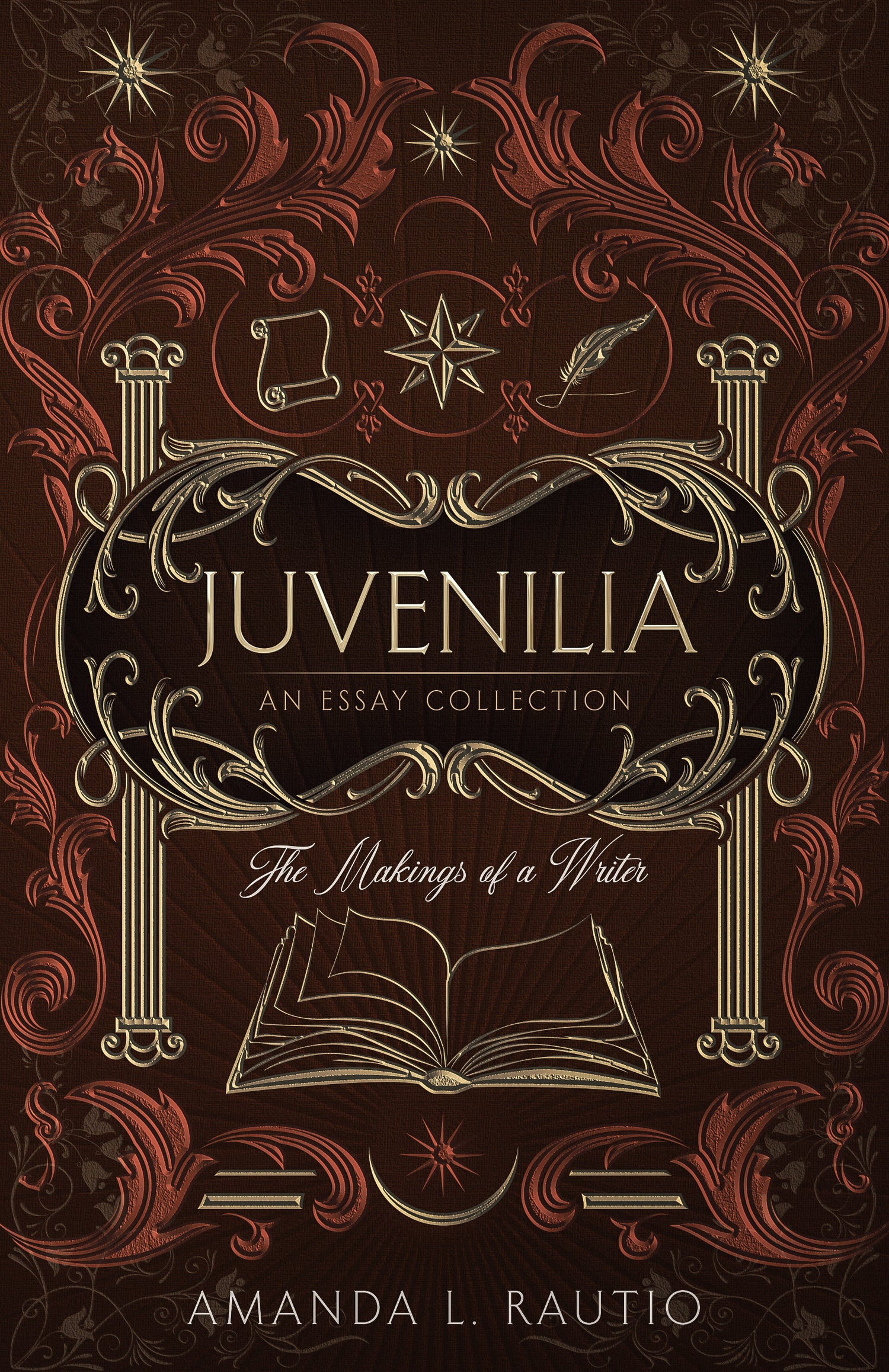
The Sum of My Undergraduate Degree
Call it being Type "A", being anal retentive, intelligent, stupid, crazy, on-crack, but I saved every single paper from my undergraduate degree (at least most of them.)
Most people write their papers, wipe their brows with tear-soaked tissues, and say "thank fuck that's done so I can never think about THAT again," before moving onto the next paper.
To me, I thought that was a waste. If I'm going to spend five years of my life writing papers, researching, and learning how to think deeply and critically, how can you measure your actual progress without keeping that record? So. I kept it. And it is very obvious how much I grew even year to year, never mind how much I grew from year one to year five.
Preserved entirely, I present, ALL of my papers that have survived (alas, when my mac died on me, I didn't have every single one backed up, so you can see the gaps in the earlier years). I have published them so it actually adheres to the dates they were submitted, and from most recent to least recent.
The growth is astonishing.
All the essays are available for free below, but a bound edition will soon be available, and the funds from the sales of this book will be 100% going to my student debt.
Juvenilia: University-Era Essays
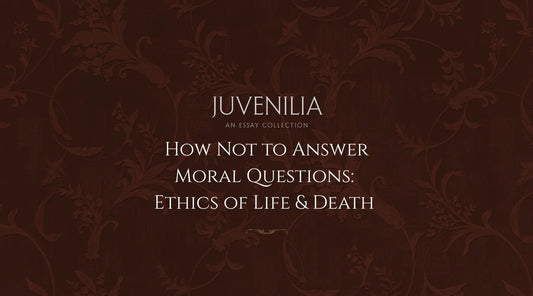
How Not to Answer Moral Questions: Ethics of Li...
In the book of Genesis, God tests Abraham by commanding him to sacrifice his son Isaac. Obediently, Abraham binds Isaac, lays him on an altar, and raises his knife before...
How Not to Answer Moral Questions: Ethics of Li...
In the book of Genesis, God tests Abraham by commanding him to sacrifice his son Isaac. Obediently, Abraham binds Isaac, lays him on an altar, and raises his knife before...
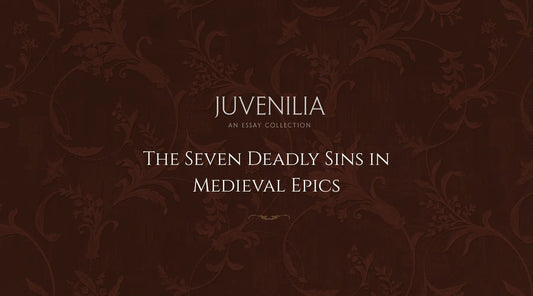
The Seven Deadly Sins in Medieval Epics
The artistic purpose of the evil creatures is to show three things: the first is to juxtapose the good from the evil, and the second is to show how to be a...
The Seven Deadly Sins in Medieval Epics
The artistic purpose of the evil creatures is to show three things: the first is to juxtapose the good from the evil, and the second is to show how to be a...
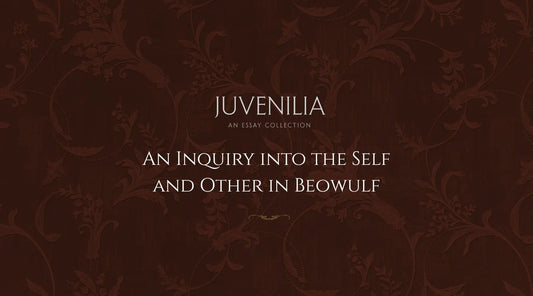
An Inquiry into the Self and Other in Beowulf
In the epic, Beowulf, the purpose of the other is to reinforce the sense of self for the Geats and the Danes. Through the defeat of the other, or the different, by...
An Inquiry into the Self and Other in Beowulf
In the epic, Beowulf, the purpose of the other is to reinforce the sense of self for the Geats and the Danes. Through the defeat of the other, or the different, by...
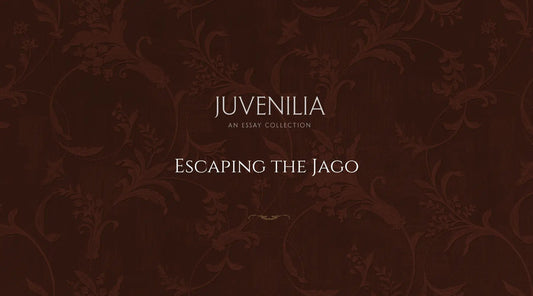
Escaping the Jago
For most people in the novel Child of the Jago (1896), by Arthur Morrison, (especially those who move into the Jago as a result of poverty), the Jago “gets them”....
Escaping the Jago
For most people in the novel Child of the Jago (1896), by Arthur Morrison, (especially those who move into the Jago as a result of poverty), the Jago “gets them”....
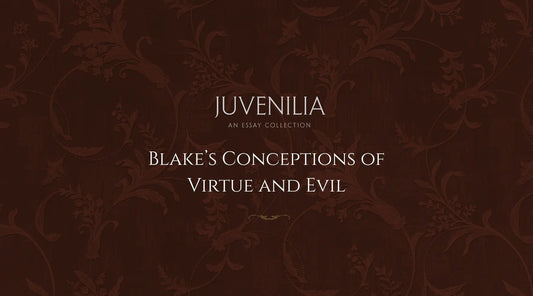
Blake’s Conceptions of Virtue and Evil
A running theme across all poems from William Blake’s Songs of Innocence and Experience is the idea of balanced opposites. However, Blake demonstrates his ideas of virtue and evil by...
Blake’s Conceptions of Virtue and Evil
A running theme across all poems from William Blake’s Songs of Innocence and Experience is the idea of balanced opposites. However, Blake demonstrates his ideas of virtue and evil by...
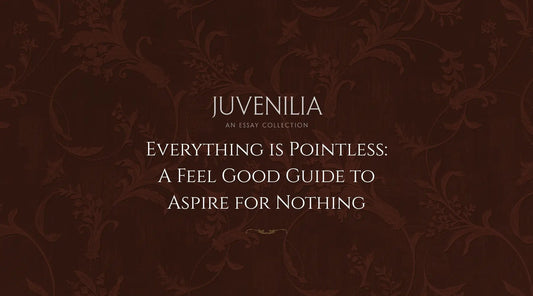
Everything is Pointless: A Feel Good Guide to A...
In the poem, “The Vanity of Human Wishes,” by Samuel Johnson, the speaker demonstrates different scenarios throughout history where the pursuit of power ultimately goes wrong, and in the of...
Everything is Pointless: A Feel Good Guide to A...
In the poem, “The Vanity of Human Wishes,” by Samuel Johnson, the speaker demonstrates different scenarios throughout history where the pursuit of power ultimately goes wrong, and in the of...
